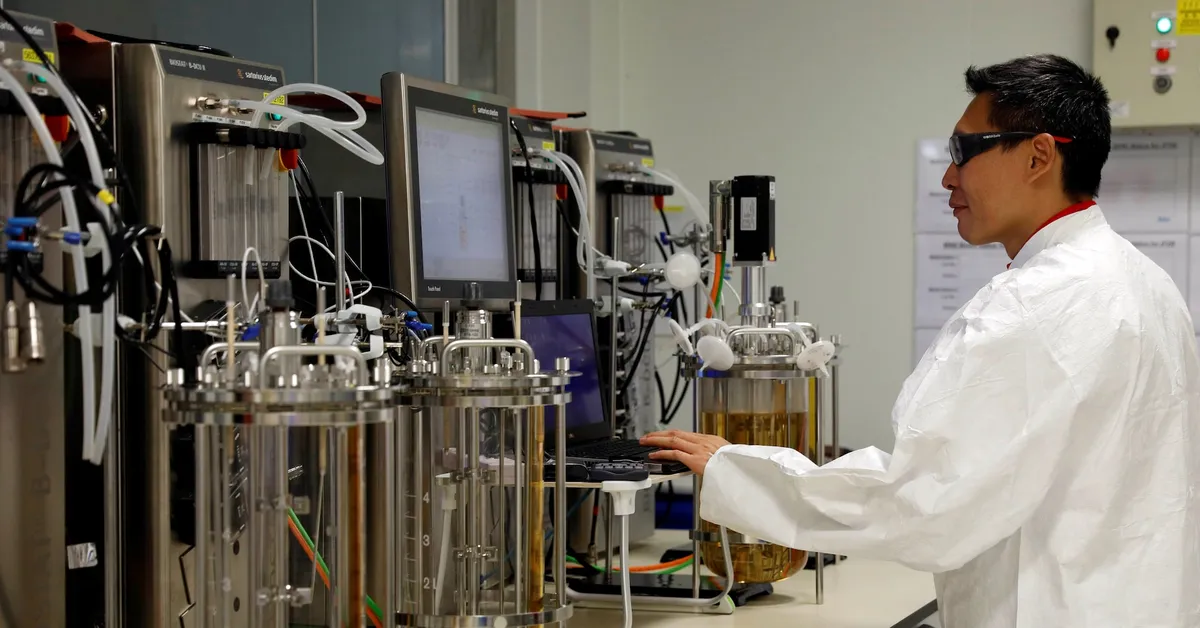
On September 27, Singapore's Deputy Prime Minister Gan Kim Yong addressed concerns from pharmaceutical companies regarding potential exemptions from steep tariffs imposed by the United States. With Singapore exporting approximately S$4 billion (equivalent to $3.10 billion) in pharmaceutical products to the U.S., this issue is particularly pressing for the industry, which predominantly exports branded drugs.
U.S. President Donald Trump announced on Thursday that a 100% duty on imports of branded drugs would be implemented, affecting firms unless they establish a manufacturing presence in the United States. This tariff poses a significant concern for Singapore, as pharmaceuticals represent around 13% of all Singaporean exports to the U.S., according to Gan.
Gan emphasized that many pharmaceutical firms based in Singapore are already planning to expand or establish their business presence in the U.S. This strategic move may enable them to qualify for tariff exemptions. During a meeting with U.S. Commerce Secretary Howard Lutnick in August, Gan highlighted ongoing trade discussions between Singapore and the U.S., focusing on potential agreements for the pharmaceutical and semiconductor sectors.
Gan expressed optimism about reaching a favorable arrangement with the U.S. that would help Singaporean pharmaceutical companies maintain competitiveness in the U.S. market. He stated, "Ultimately, we hope to have an arrangement with the U.S. to allow our pharmaceutical companies to continue to export to the U.S. market." The exact tariff rate that may apply, whether it will be 15% or otherwise, remains a subject of negotiation, but Gan is hopeful for some degree of preferential treatment compared to the current top-line tariffs.
Despite having a free trade agreement with the U.S. since 2004, Singapore's exports are currently subjected to a 10% baseline tariff. This situation has raised concerns that broader sectoral tariffs could negatively impact demand for Singaporean products, including semiconductors, consumer electronics, and pharmaceutical goods. In July, the central bank reported that these sectors collectively account for about 40% of exports to the United States.
The effective U.S. tariff rate on Singaporean exports increased from 6.8% in April to 7.8% in July, largely due to the imposition of tariffs on steel and aluminum products. As the negotiations continue, the future of Singapore's pharmaceutical exports remains closely tied to the evolving landscape of international trade policies.
Reporting by Xinghui Kok; Editing by William Mallard and Muralikumar Anantharaman